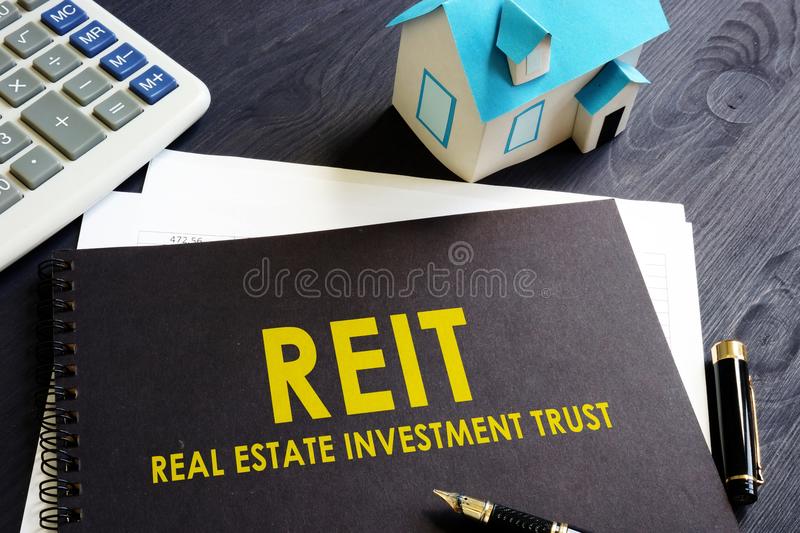April 25, 2022 – I have owned and currently own various types of investments, both private and public, including precious metals such as gold and silver bullion, rare coins of different mint years in various grades that determine their values, physical real estate such as land, income property, and a free-and-clear family home.
I also own a range of public investments such as stocks in several sectors. Many of these stocks produce income. At a minimum, each stock must go up in price at a certain percentage over time, as well as provide a dividend. Otherwise it does not remain as a long-term holding in my portfolio, and out the door it goes. Over time, most of them have qualified to stay very long term.
A Real Estate Investment Trust or REIT for short is a company that owns, and in most cases, operates income-producing real estate. REITs come in many varieties, and own various types of commercial and residential real estate, including apartment and office buildings, hotels, hospitals, shopping malls, and warehouses. Some of them even own income-producing commercial forests. Many REITs also engage in financing real estate.
The principal difference between REITS and other types of stocks is that REITS are focused on producing income. This focus has enabled them to go up in price as well.
REITs can be publicly traded on major exchanges, publicly registered but non-listed, or private. The two main types of REITs are equity REITs and mortgage REITs (mREITs). In November 2014, equity REITs were recognized as a distinct asset class in the Global Industry Classification Standard by the Standard and Poor (S&P 500) the Dow Jones.
The key statistics to examine in a REIT is its financial position, particularly its net asset values (NAV) and its income-producing operation, including gross income, expenses, net profit. Look at its Funds from Operations (FFO), and adjusted funds from operations (AFFO).
Real estate investment trusts (REITs) are good to excellent investments (based on individual balance sheet and income statement figures) because the U.S. government requires REIT managements to share 90 percent of their net earnings with all share owners. With this important requirement, the financial interests of the top members of company management are aligned with that of every shareholder. So, checking insider trades is critical, prior to acquiring shares.
Before acquiring any asset, I thoroughly study its past, present, and likely future value and growth, and its income-producing record over the course of its existence.
With private investments, asset net values increase due to one or both factors:
- They’ve produced profits (costs minus expenses) during my ownership, and/or
- Their net values (costs minus inflation) have increased when I’ve owned them
With public investments, I own a small variety of stocks, but before purchasing them, I thoroughly examine:
1. Their Balance Sheet over a ten-year period to check these fundamental ratios:
- Debt to Equity
- PE Ratio (Price per share compared to earnings per share) over a 5 to 10 years
- ROE (Return on Equity) over a 10- to 20-year period
2. Their Income Statement over a minimum ten-year period, to scrutinize the following numbers:
- Earnings-per-share over a 5- to 10-year range. Have they gone up or down? Why?
- Has management issued more shares, diluting your ownership? Or has it repurchased shares, benefitting you?
- What is its current quarterly or monthly dividend amount and rate per share? Are those dividends sufficient for you to increase your wealth?
In short, my personal experience in buying and holding well-examined REITs has been very profitable and rewarding. They are a major component of my stock portfolio.
